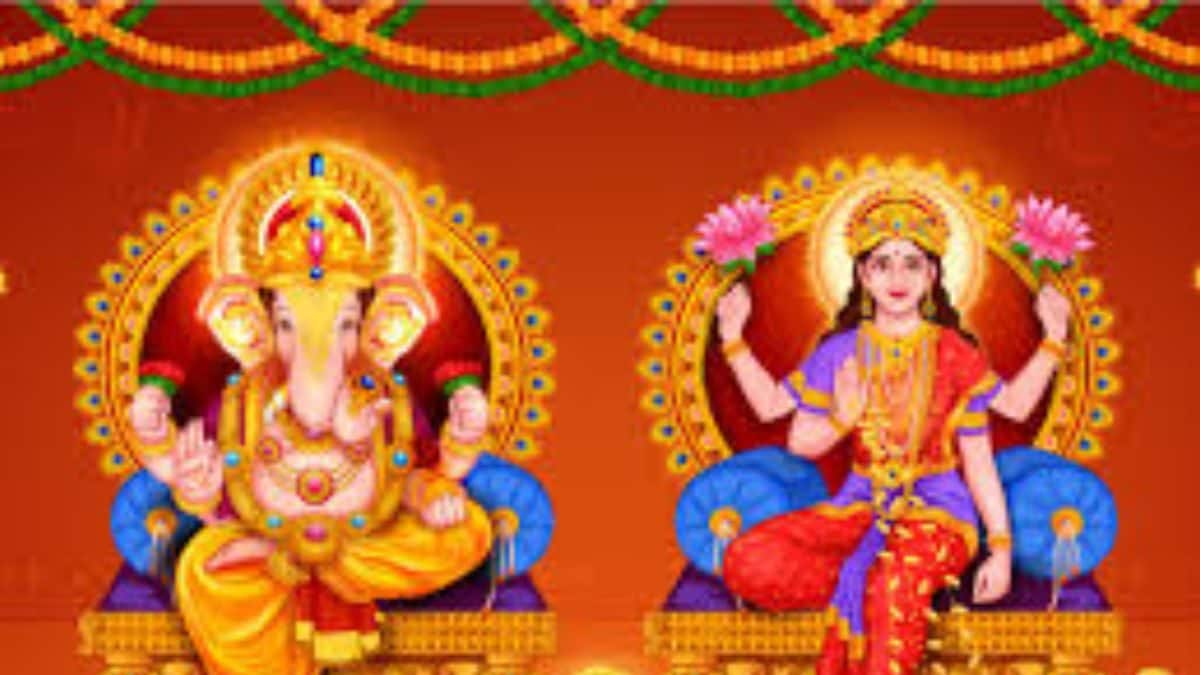Dhanteras, a prominent Hindu festival, holds immense significance and is celebrated annually on the 13th lunar day of Krishna Paksha in the Ashwin month of the Hindu calendar. This year, it falls on October 29th. The name itself, a combination of the Sanskrit words “Dhan” (wealth) and “Teras” (thirteenth), highlights its association with prosperity. The festival involves the worship of Lord Dhanvantari, the deity of medicine and health; Goddess Lakshmi, the goddess of wealth and prosperity; and Kubera, the god of wealth. This act of worship is believed to bring good health, increased energy levels, and, importantly, financial well-being to the devotees. The tradition extends to making purchases on this day, particularly those items seen as conducive to increased prosperity and believed to attract the blessings of Goddess Lakshmi and Lord Kubera. However, tradition holds that maximizing auspicious effects necessitates making these purchases during specific, favorable timings.
Auspicious Timings for Dhanteras Shopping
Determining the most auspicious time for shopping on Dhanteras is crucial for maximizing the benefits associated with this festival. According to renowned astrologer Pandit Nandkishore Mudgal from Deoghar, these auspicious timings are based on the Rishikesh Panchang. He suggests that making purchases during these times is believed to enhance the effects of the festival, multiplying the wealth received thirteenfold.
Optimal Shopping Periods
Pandit Mudgal highlights three primary auspicious time slots for Dhanteras shopping:
- 7:50 AM to 10:00 AM (Scorpio Ascendant): This period, falling under the Scorpio Ascendant, is considered stable and highly auspicious for making purchases. The energy at this time is conducive to receiving blessings and accumulating wealth.
- 2:00 PM to 3:30 PM (Aquarius Ascendant): The second auspicious period, during the Aquarius Ascendant, shares similar qualities of stability and auspiciousness as the morning period. Transactions completed during this window are also believed to attract positive energy.
- 6:36 PM to 8:32 PM (Pradosh Kaal): Considered the most favorable time, the Pradosh Kaal period holds maximum auspiciousness. This twilight time between sunset and nightfall holds special significance in Hindu traditions and is particularly conducive for invoking divine blessings relating to prosperity and abundance.
It is important to note that while these are recommended times, personal astrological charts could influence auspicious timings, and consulting a personal astrologer would offer highly specific guidance.
The Mythology Behind Dhanteras
Dhanteras is deeply rooted in rich Hindu mythology, lending further significance to its celebration. The festival is celebrated for three primary mythological reasons, reinforcing the belief in its power to attract prosperity and good fortune.
The Emergence of Goddess Lakshmi
The first reason centers around the emergence of Goddess Lakshmi from the Kshira Sagar (Ocean of Milk) during the churning of the ocean. The mythological narrative illustrates that Goddess Lakshmi, along with the deity of wealth, Kubera, arose from the ocean carrying a vessel full of gold. This emergence directly associates Dhanteras with the arrival of wealth and abundance, providing the festival’s core foundation for wealth attraction.
Dhanvantari’s Appearance
The emergence of Lord Dhanvantari is another pivotal part of this mythology, showcasing the significance of not only financial prosperity but also health. Lord Dhanvantari is described as carrying the Amrita (nectar of immortality) and bestowing his blessings in health, longevity, and well-being on the devotees.
The Legend of King Hima’s Son
Another story associated with Dhanteras revolves around King Hima’s son, who was destined to die on the 16th day after his birth due to a snakebite. To counteract this prophecy, the family placed an abundance of valuables and jewels outside his room on the 13th day. When the snake approached, it was blinded by the dazzling shine of the treasure, and in its attempt to reach the child it was unable to, the son’s life was thus saved.
This story highlights the protective nature of Dhanteras and the blessings received when undertaking benevolent acts while associating valuable purchases on the day as means to provide this similar protection and fortune against negativity.
Significance and Traditions
The significance of Dhanteras extends beyond the mythological narratives, impacting cultural traditions observed widely throughout India and in Hindu communities globally. This deep-rooted significance encompasses multiple aspects of human life and aspirations.
Financial Prosperity
The central theme revolving around financial prosperity makes Dhanteras a time for new purchases, investments, and financial activities that would be seen as auspicious for receiving and increasing wealth. Buying gold, silver, utensils, and property are some of the most common actions taken by devotees in line with the wealth related connotations of the event.
Health and Well-being
Lord Dhanvantari’s association with health is celebrated not just through symbolic worship but also through emphasizing healthy lifestyle choices. This occasion is believed to impart health, healing, and protection from diseases.
Cultural Practices
Various cultural practices accompany Dhanteras, ranging from elaborate pujas and offerings at home to the lighting of diyas (oil lamps) signifying the removal of negativity, purification, and illumination of homes. These various rituals are aimed at attracting the blessings of the deities associated with the occasion.
Conclusion
Dhanteras is more than just a festival; it is a cultural blend of mythology, tradition, and the pursuit of well-being and prosperity. Through various rituals, mythological tales, and cultural practices, individuals across Hindu communities celebrate not just financial prosperity but also health, longevity, and protection against misfortune.
Take Away Points:
- Dhanteras is celebrated on the 13th lunar day of Krishna Paksha in Ashwin.
- It involves the worship of Lord Dhanvantari, Goddess Lakshmi, and Kubera.
- Auspicious timings for shopping are crucial for maximizing benefits.
- The festival is deeply rooted in Hindu mythology, which involves auspicious emergence of Lakshmi, along with various tales about prosperity.
- Traditions include purchasing gold, silver, and other valuable items during auspicious times.




